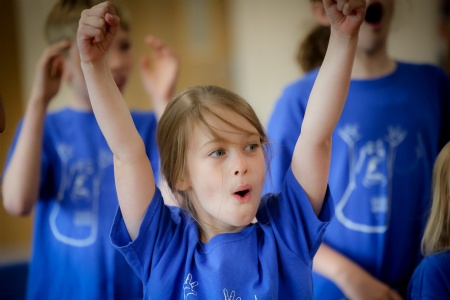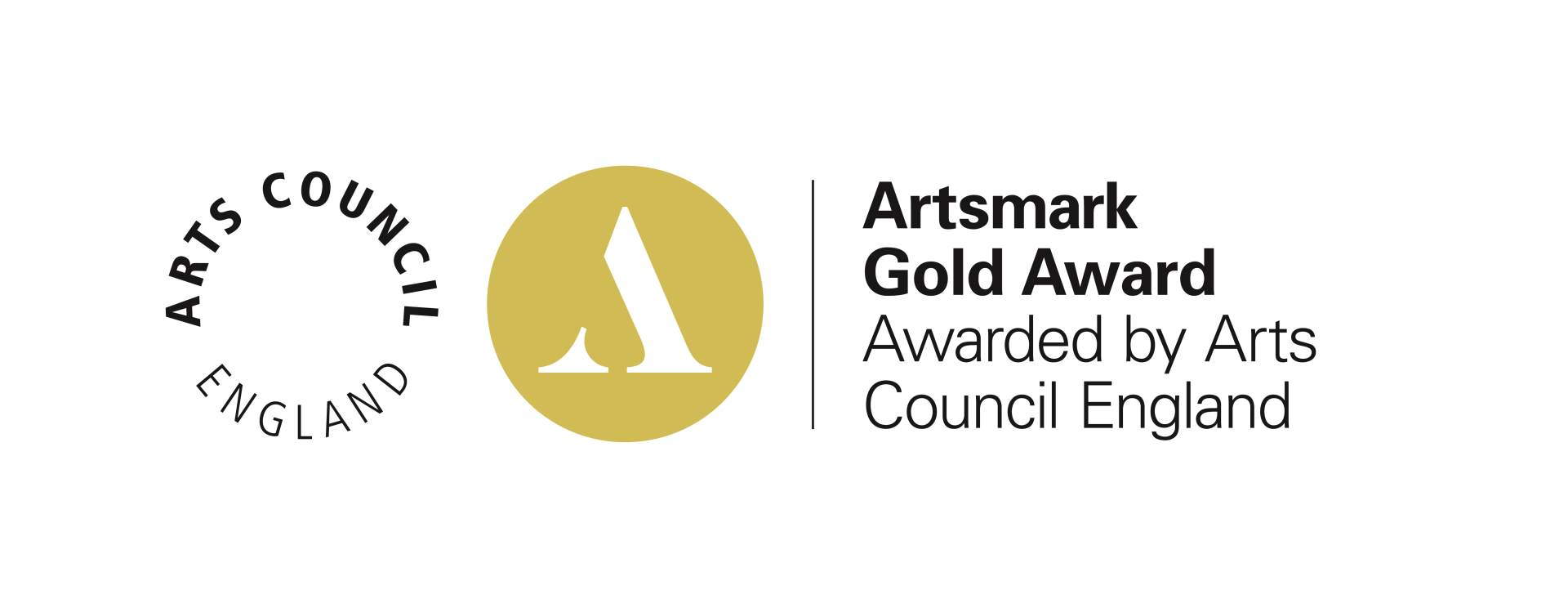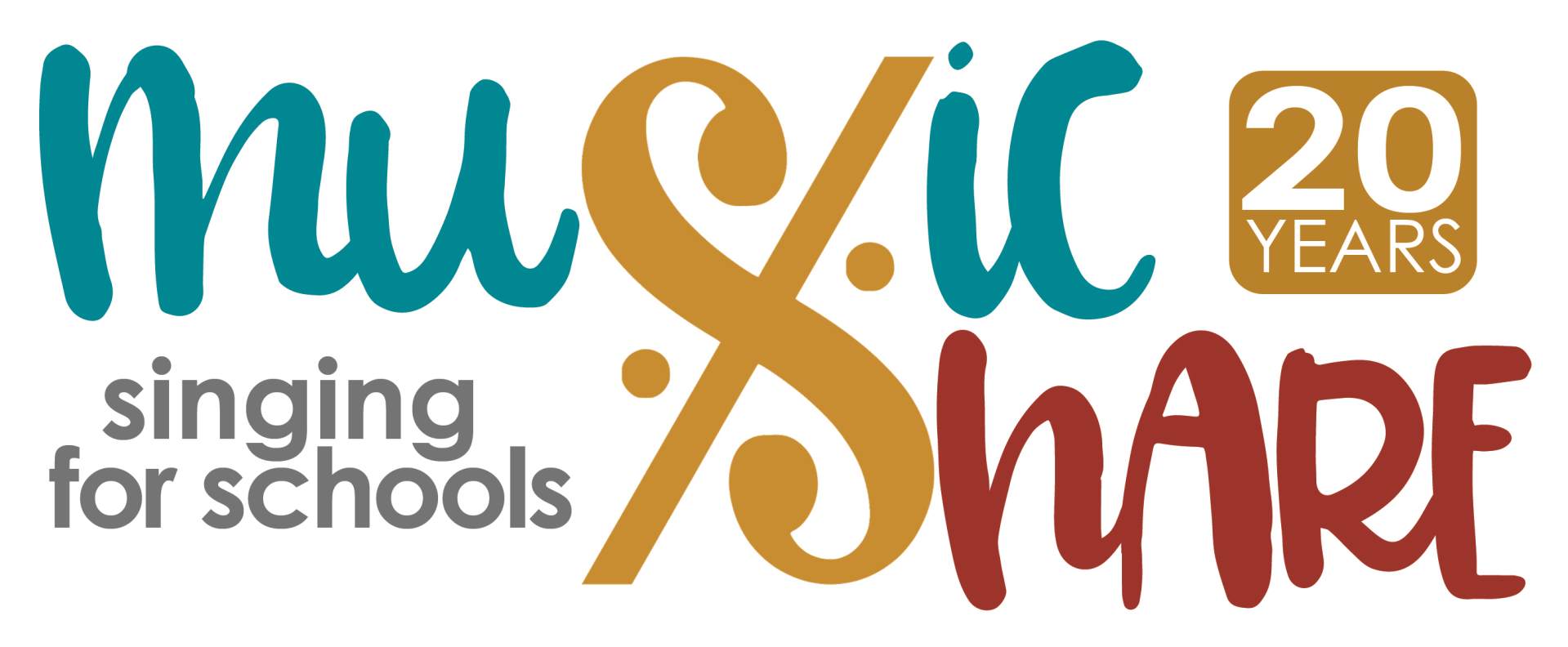The Science of Singing - Physical Development

How Music Benefits Children’s Physical Development
As the leader of Lichfield Young Voices Choir, I often talk about how singing helps children grow in confidence and creativity, but did you know that singing also has powerful physical effects on the body? From breathing and posture to heart health and immunity, singing is a full-body activity that supports healthy development in children in ways that go far beyond music.
Breathing and Lung Capacity
Singing teaches children how to breathe deeply and efficiently. Unlike everyday breathing, singing requires controlled inhalation and sustained exhalation. This strengthens the diaphragm and improves lung capacity. Over time, children develop better breath control, which can benefit everything from sports performance to stress management. In fact, studies have shown that regular singing can improve respiratory function, especially in children with asthma or other breathing difficulties. The slow, measured breathing used in singing helps regulate the nervous system and promotes a sense of calm.
Posture and Core Strength
Good singing starts with good posture. In Young Voices rehearsals, we teach children to stand tall, align their spine, and engage their core muscles. This not only helps them produce a clearer, stronger sound but also supports healthy physical development. Children who sing regularly often show improved posture and body awareness. They learn how to carry themselves with confidence, which can positively affect their presence in other areas of life, whether speaking in class or performing in sports.
Vocal Health and Muscle Coordination
Singing is a workout for the vocal cords and the muscles around the mouth, throat, and jaw. When taught properly, children learn how to use these muscles safely and effectively. This helps prevent vocal strain and supports healthy speech development. Singing also improves coordination between breathing, articulation, and pitch control. These fine motor skills are essential not only for music, but also for clear communication and language development.

Heart Rate and Circulation
Group singing has been shown to synchronise heart rates among participants. When children sing together, especially in harmony, their breathing and heart rhythms often align. This creates a calming effect and promotes cardiovascular health. Singing also increases blood flow and oxygenation throughout the body. The act of projecting the voice stimulates circulation, which can help children feel more energised and alert.
Boosting Immunity and Reducing Stress
Believe it or not, singing can even support the immune system. Research suggests that singing increases levels of immunoglobulin A, an antibody that plays a key role in immune function. It also reduces cortisol, the stress hormone, helping children feel more relaxed and emotionally balanced. In Young Voices, I’ve seen children come in tired or anxious and leave rehearsals smiling and refreshed. Singing lifts the mood, reduces tension, and creates a sense of joy that’s hard to match.
A Healthy Habit for Life
When children sing in a choir, they’re not just learning music, they’re building healthy habits that support their physical development. From stronger lungs to better posture and reduced stress, the benefits are real and lasting. So, if you’re thinking about enrolling your child in Lichfield Young Voices Choir, know that you’re giving them more than a musical education. You’re giving them a healthier, happier body and a voice that will carry them through life.
Lichfield Young Voices Choir meets on Mondays from 4.30pm to 5.30pm during term-time in Minster Hall, Lichfield. For more information, complete the form below.
Cathy Lamb
Director of MusicShare and Lichfield Young Voices Choir Leader
Join us at Music Share for a taster session














